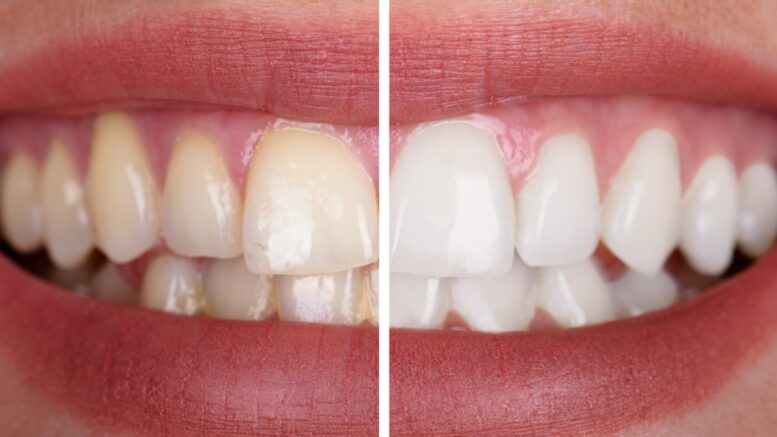You probably don’t want to think about needing a dental procedure, but most of us will undergo at least one procedure at some point in our lives. There are hundreds of different dental procedures, and some are more common than others.
If you’re booked in for a procedure, you might be wondering what’s involved. Whether you need black tartar on teeth treatment or dental implants to replace missing teeth, your dentist will run through everything that it entails to ease your mind.
However, it’s always a good idea to do your own reading in the run-up to your procedure so that you know exactly what’s to come. Doing so will put you in the best position to recover quickly from your surgery.
Common Dental Problems and Their Treatments
Below, we’re going to run through some of the most common dental issues and their treatments. Remember that visiting your dentist regularly is one of the best things that you can do to prevent dental problems and maintain a perfect smile.
Tooth Decay
Tooth decay is caused by a build-up of plaque on the teeth. Hard plaques, known as calculus, comprise millions of bacteria that can break down the outer coating of enamel on your teeth.
If left unresolved, plaque can eventually cause severe decay that can damage the teeth, increase the risk of infection, and cause a lot of pain. Eventually, the affected teeth may need to be removed via a tooth extraction procedure, where your dentist will remove the tooth from its socket.
Tooth Loss
Once a tooth has decayed, and you’ve had it removed, there’s no way of fully restoring it. However, there are replacement options to restore your smile if you’ve experienced tooth loss.

After the removal of one or more of your teeth, your dentist will offer you a couple of different options to replace the lost teeth and fill in the resulting gaps. The most common procedures following tooth extraction are dental implants or dentures.
Dental implants offer support for your jaw and remaining teeth after tooth removal. They comprise metal implants that are surgically inserted into your jaw to anchor the dentures in place inside your mouth.
Implants can last several years and offer both functionality and enhanced aesthetics. Your dentist can add implants to cover the loss of multiple teeth too. Implants can help to restore the function of your bite and provide an aesthetic enhancement as well. Consulting with zahnarzt-muenchen-stadtmitte.de is the best way to ensure you get the best care and advice when considering dental implants.
Dentures are an alternative to dental implants, although they are sometimes used in conjunction with them. Conventional dentures can be removed and reinserted, but you can now get dentures bound to the teeth via bonds, clasps, or implants.
Gingivitis
Gingivitis is informally known as gum disease. It’s common and relatively mild but can worsen if left unresolved. Gum disease can lead to eventual tooth decay, tooth loss, and oral infections.
Thankfully, the treatment of mild gingivitis is simple. Adopting a great oral hygiene routine can help to reverse the symptoms of gingivitis or prevent it from worsening, at the very least.
Your dentist may perform extensive cleaning to remove hardened plaques and tartar from your teeth and gums. Removing bacterial plaques will minimize the risk of further inflammation and infection.
After this, they’ll offer advice on how you can maintain your oral health at home to prevent gingivitis development in the future. You’ll need to brush twice a day and floss in between the teeth down to the gun line.
Receding Gums
There are a number of things that can cause your gums to recede. Although it may not seem like a major issue, receding gums can lead to further dental issues, such as tooth loss, if your gums continue to recede. When the gums recede, it leaves the sensitive root of the tooth exposed and makes it vulnerable to damage.
Poor oral hygiene, brushing your teeth too hard, high blood pressure, smoking, and grinding your teeth can increase the risk of gum recession. Women may experience receding gums due to hormonal imbalances and fluctuations. Genetics may also play a role in your risk of gum recession, as you may have a higher risk if your parents also had receding gums.
In most cases, making positive changes in your oral hygiene routine can prevent your gums from receding further. Your dentist might offer a gum graft or some form of dental surgery to prevent further recession.
